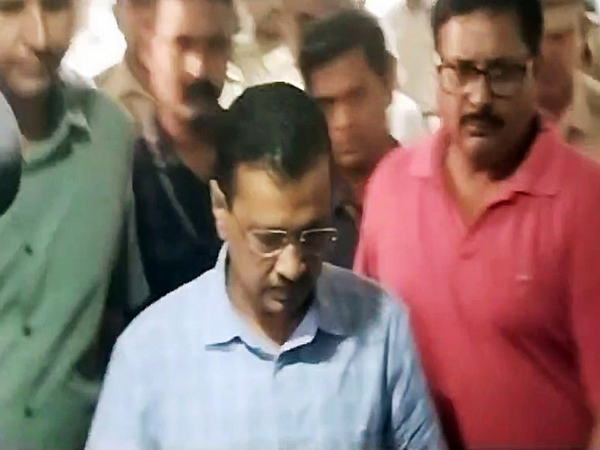Supreme Court Reserves Order on Arvind Kejriwal's Bail Plea in Excise Policy Case
The Supreme Court has reserved its judgment on Arvind Kejriwal's bail plea in the excise policy case. Kejriwal's appeal follows the Delhi High Court's decision to uphold his arrest by the CBI. Arguments centered on procedural matters and potential witness tampering if bail is granted.

- Country:
- India
The Supreme Court on Thursday reserved its order on pleas filed by Chief Minister Arvind Kejriwal seeking bail and challenging the Delhi High Court's decision, which upheld his arrest by the CBI in a corruption case linked to the alleged excise policy scam. A bench of Justices Surya Kant and Ujjal Bhuyan reserved the order after hearing arguments from both sides.
During the proceedings, Additional Solicitor General SV Raju, representing the CBI, objected to Kejriwal bypassing the trial court and directly approaching the Delhi High Court for bail before moving to the Supreme Court. Raju argued that in ordinary cases, bail should first be sought at the sessions court level.
Raju added that Kejriwal's influential political status could affect witness statements if he were released on bail. Conversely, Senior Advocate Abhishek Manu Singhvi, defending Kejriwal, emphasized that the Supreme Court had previously granted Kejriwal bail and cited his non-threatening nature. Kejriwal was initially arrested by the Enforcement Directorate linked to reported irregularities in the 2021-22 Delhi excise policy.
The Delhi High Court had earlier upheld Kejriwal's arrest, stating it was conducted with adequate evidence and legal sanction. The court noted Kejriwal's substantial influence over witnesses as a significant factor. The case continues as the Supreme Court deliberates on its final decision.
(With inputs from agencies.)
ALSO READ
Delhi Politics Heat Up: BJP Slams AAP Over Alleged Corruption
Union Home Minister's Medal Forfeited Amid Corruption Scandal
BRS Leader KTR's Legal Battle: High Court Reserves Order Amid Corruption Allegations
Sri Lanka’s Quest for Purity: Combatting Corruption and Reviving Values
Maharashtra Witnesses Significant Drop in Corruption Cases










